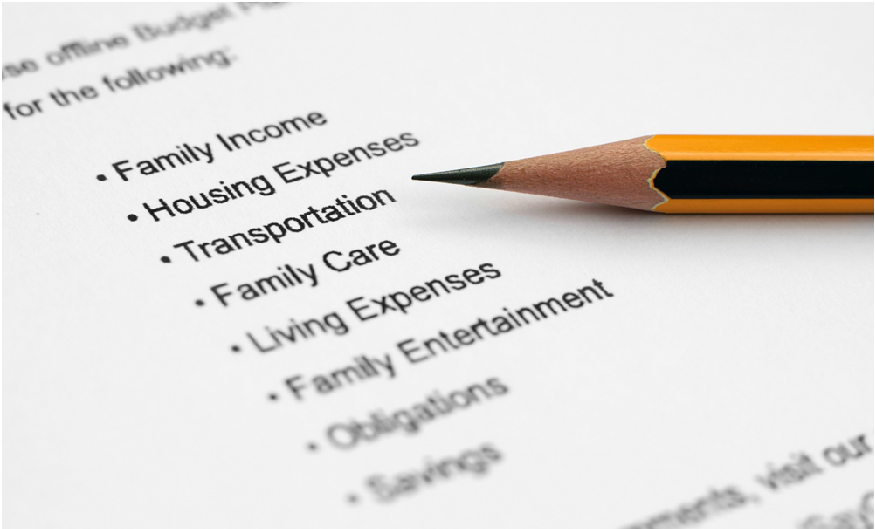If you have been struggling with debt for a long time, you may be at your wit’s end. No matter how much you pay toward your debt, it may seem as though the balance never decreases. What can you do to stop drowning in debt?
Many people opt for bankruptcy. There are two main types of bankruptcy for consumers: Chapter 7 and Chapter 13.
Chapter 7 Requirement Step One
In order to file for Chapter 7 bankruptcy, you have to qualify for it based on income vs. debt. This is done through a means test, which involves filling out a form and is required for everyone who files for Chapter 7 bankruptcy. It is used to determine whether a filer’s income is above or below the state’s median income for that household size.
The means test is a two-step process. The first step considers whether the filer’s income is below the Chapter 7 income limit, which is the median income in the state where the petition is filed. For Maryland, the median income is $108,200. If income is less than the median for the prior six months and there is no possibility of it increasing in the near future, the test has been passed. The Chapter 7 filing can proceed.
Chapter 7 Requirement Step Two
Most applicants pass the test on step one. Those who do not will move on to step two, which requires documentation of how much money is spent on allowable expenses, or essential living expenses. This includes things such as rent or a mortgage, food, clothes, and medical bills. What is not on this list is discretionary income, or money spent on non-essentials such as entertainment and items not needed for living.
The Alternative: Chapter 13
The means test compares a person’s income for the past six months to what they owe in debts. If a person has enough money coming in to pay down debts, the bankruptcy judge will likely not approve the bankruptcy. The higher the income, the less likelihood of approval. The person would then have to file for Chapter 13 bankruptcy and opt for a repayment plan rather than a discharge of debt.
How to get Help
Successfully passing the means test not only defines the bankruptcy chapter but also represents a pivotal milestone on the path to financial recovery, providing individuals with the opportunity to alleviate their debts and achieve a fresh financial start.
You can give yourself extra help by contacting a lawyer that specializes in bankruptcy. They can help you gather all this information, including obtaining your credit history, and can conduct a complete and thorough interview with you for accuracy. If your income is above the state median income, they can also file an additional form to see if you may still pass the means test based on allowable expenses.
Why is there a Means Test?
Chapter 7 bankruptcy wipes away much of an applicant’s debt, but the courts do not allow just anyone to get this kind of bankruptcy. If they let everyone wipe out their debt, probably just about everyone would do it. Therefore,the U.S. Bankruptcy Court uses the means test to determine who can repay their debts and who cannot.
Bankruptcy is not an easy process. While Chapter 7 bankruptcy can wipe out debt, you have to qualify for it first.Passing the means test is a pivotal step in the process of filing for bankruptcy. This assessment serves as a critical determinant of which chapter of bankruptcy a debtor qualifies for, primarily Chapter 7 or Chapter 13.
Interested in bankruptcy but need help understanding the process? Contact a bankruptcy lawyer to guide you and provide solid advice.






